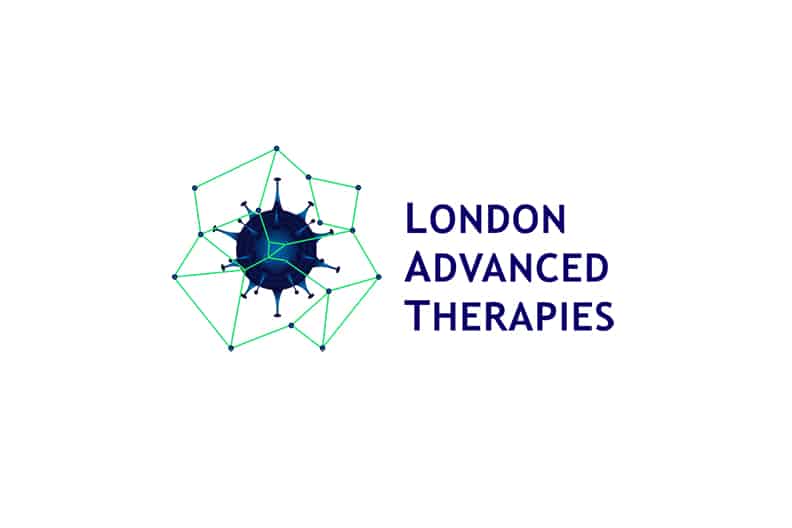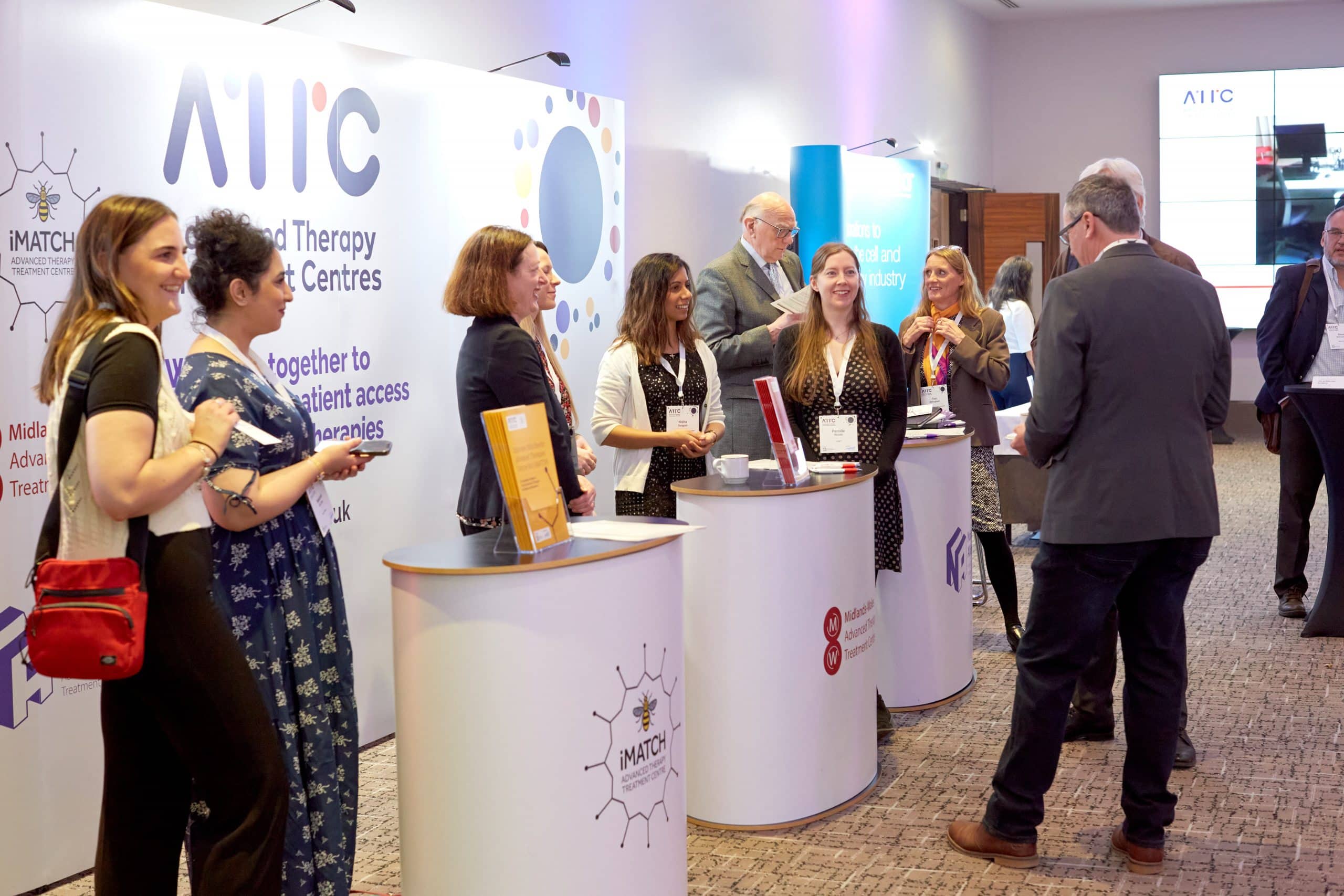Cell and gene therapies are showing transformative potential across a range of disease areas, including blood cancers, solid tumours, immune modulation, tissue, and organ repair. Examples include the growing promise of CAR-T cell therapies in oncology. Introducing cell and gene therapies as routine practice into the National Health Service requires setup of new systems from the ones currently in use. There are multiple obstacles to overcome because of the great complexity involved in the development, manufacturing and delivery of these disruptive therapies.
Key stakeholders from industry, payers, NHS and patient groups came together for a day to address the practical steps required for adoption of Advanced Therapy Medicinal Products (ATMPs), such as cell and gene therapies, by the NHS. Participants in the ‘’ATTCs, clinical infrastructure requirement and adoption of Advanced Therapy Medicinal Products’’ workshop, at the Royal College of General Practitioners, ranged from large pharmaceutical groups to small biotech companies, supply chain providers, industry groups, NICE, regulators, charities and NHS clinicians and pharmacists.
Among the topics dealt with at the workshop were procurement, manufacturing scale-up, supply chain issues, frontline delivery to patients, health economics and reimbursement: how will the NHS cope with the often-high upfront cost of potentially life-saving cell and gene therapies that can bring a lifetime of benefits? Actions were suggested for the various stakeholders in order for the field to overcome these challenges. A summary of the outputs from the workshop can be found here.
As network coordinator of the ATTCs Network, CGT Catapult hosted the workshop, in collaboration with the UK BioIndustry Association and the Association of the British Pharmaceutical Industry.
The objectives of the workshop were to engage with key stakeholders to:
- Address how the ATTCs are trying to build a nationwide NHS network of expert centres to deliver advanced therapies
- Understand the challenges the industry and NHS face
- Define the steps each stakeholder could take to form a coordinated approach to adoption of ATMPs
Key points raised during the day included the need to address data sharing, protocol standardisation, and speed of access as well as the importance of involving patients in the development process; the need for advanced planning and investment in infrastructure to accommodate new ways of working; and the need to ensure government support and understanding of the great potential of cell and gene therapies to be transformative for patient care.
“Our first workshop engaging the various stakeholders with the IUK funded ATTC network and London Advanced Therapy Network was a success, bringing together some of the best and brightest minds to tackle the challenging task of delivering these disruptive therapies in the current healthcare setting. It is only through all these groups working together that we will manage to break the barriers of adoption for cell and gene therapies and this event was a significant initial step forward. We are excited to further enhance collaboration between the NHS and industry to ensure that the UK is at the forefront of advanced therapies and treatments for patients.”
Jacqueline Barry, Chief Clinical Officer of the CGT Catapult
“The ATTC network will work together with its partners to address the priorities addressed at the September workshop to promote better patient access to ATMPs across the country. As coordinator of this innovate UK ATTC network, the CGT Catapult looks forward to supporting the establishment of the necessary processes, skilled staff and infrastructure for making the delivery of highly complex therapies a reality for patients in the UK and globally.”
Keith Thompson, Chief Executive Officer of the CGT Catapult


